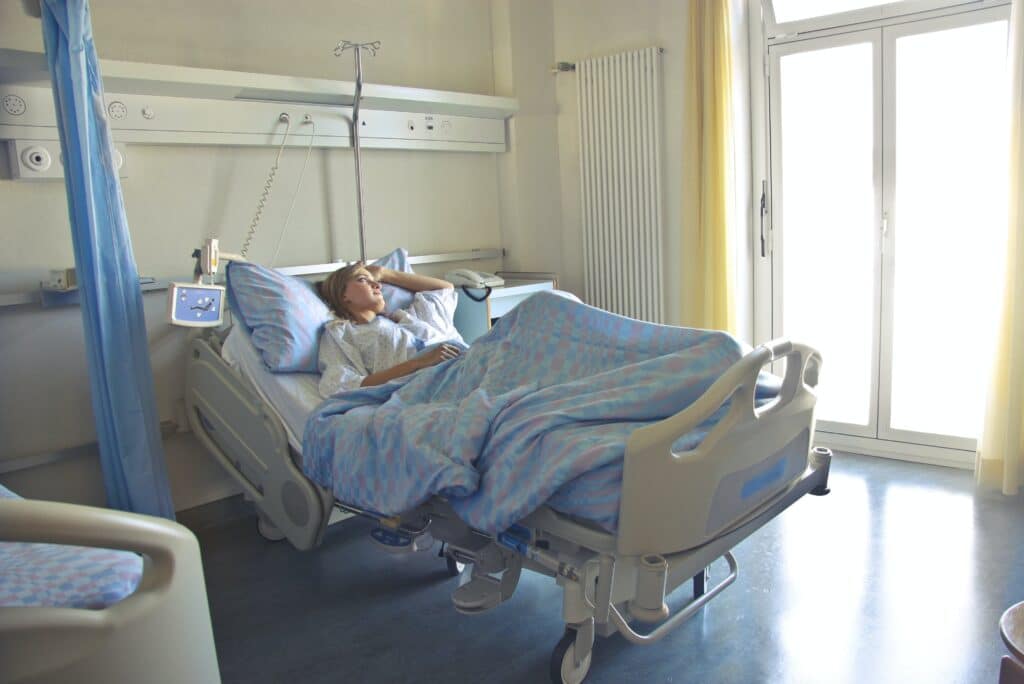CLINICAL SUMMARY: Denied One-Day Stay Overturned
This case involved a patient who presented to the ER with nausea, vomiting, dry mouth, dehydration, blood sugars greater than 400 and upper abdominal pain. He was diagnosed to have DKA (diabetic ketoacidosis). This 54-year-old patient was not able to take insulin for several days leading up to this event and arrived one month following a prior hospitalization for the same. The patient’s medical history also included Type 1 diabetes, diabetic gastroparesis, nephrolithiasis, hypothyroidism, hypertension and traumatic brain injury. Vital signs included a temperature of 100 degrees F, pulse 102-126, respiratory rate 16-20, blood pressure 112/63, oxygen saturation 100% on room air. A chest x-ray was unremarkable.
The patient’s lab findings included the following: WBC 14.54, Hgb 15.3, platelets 494, Na 128 (135 corrected for glucose 464), K 5.2, CO2 11, BUN 21, Cr 1.32, osmolality 289, VBG pH 7.11, β-OH butyrate 91.30, Glucose 76-493. Urine analysis: + glucose, + ketones.
 DENIED INPATIENT STAY
DENIED INPATIENT STAY
The patient was admitted as an inpatient to the ICU and received IV fluids, an insulin infusion and electrolyte replacement. The patient responded well. The insulin infusion was discontinued the following day once the DKA resolved with long-acting insulin to resume. The patient felt significantly better and left the hospital against medical advice (AMA) after a one-day stay.
 THE APPRISEMD PROCESS
THE APPRISEMD PROCESS
An AppriseMD physician advisor acting on behalf of the attending physician completed a peer-to-peer discussion with the insurance company medical director after reviewing the case. Although this case met the insurance company’s short stay policy for observation care, the patient’s significant acidosis was a compelling factor in the inpatient admission designation. Following a detailed discussion about the patients’ medical history and presentation by AppriseMD, the insurance company’s medical director agreed with inpatient level of care for this patient and overturned the inpatient denial.
This case highlights the benefits of using expert-level physician advisors with extensive hospital-based clinical and utilization management experience.

